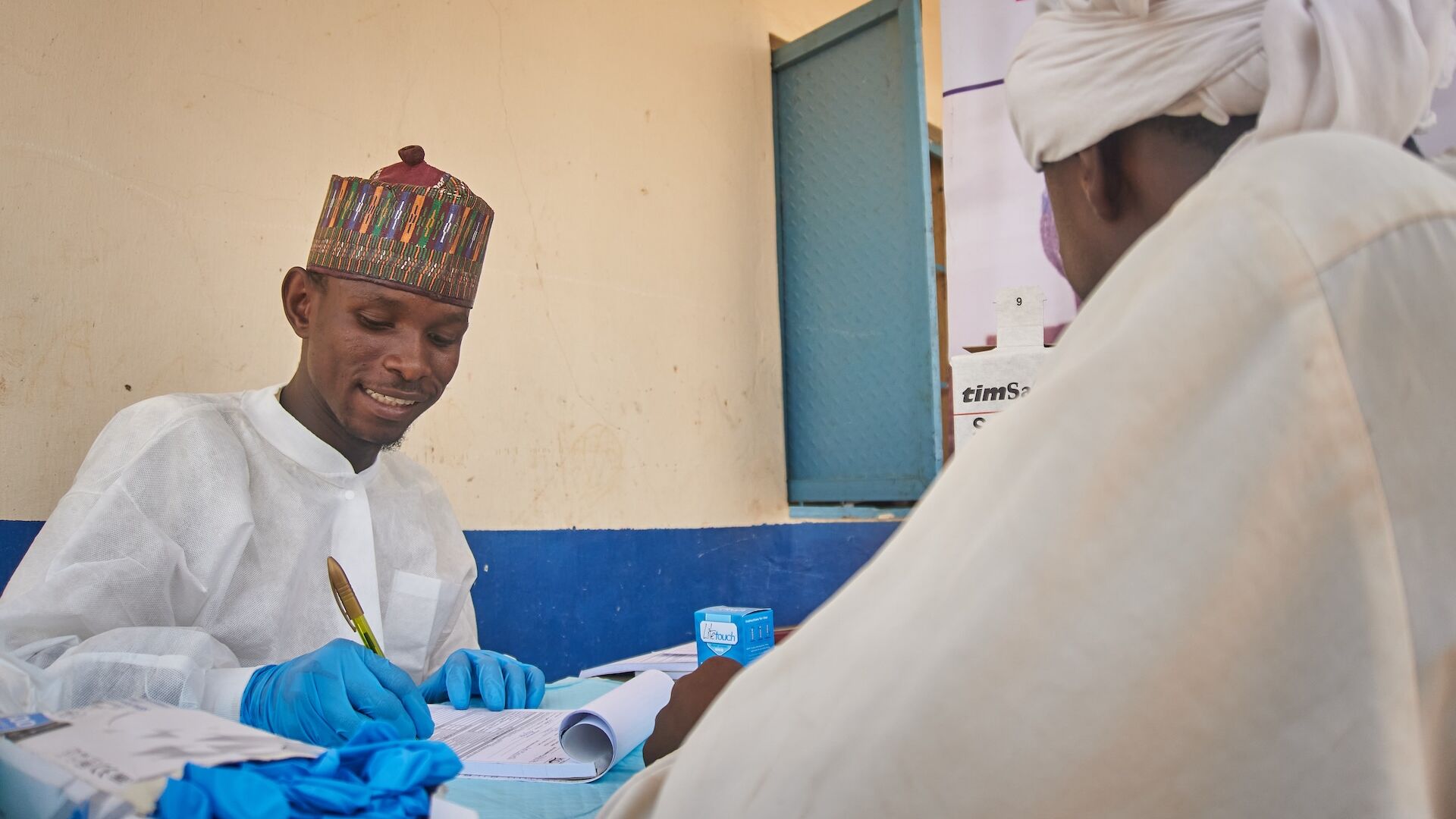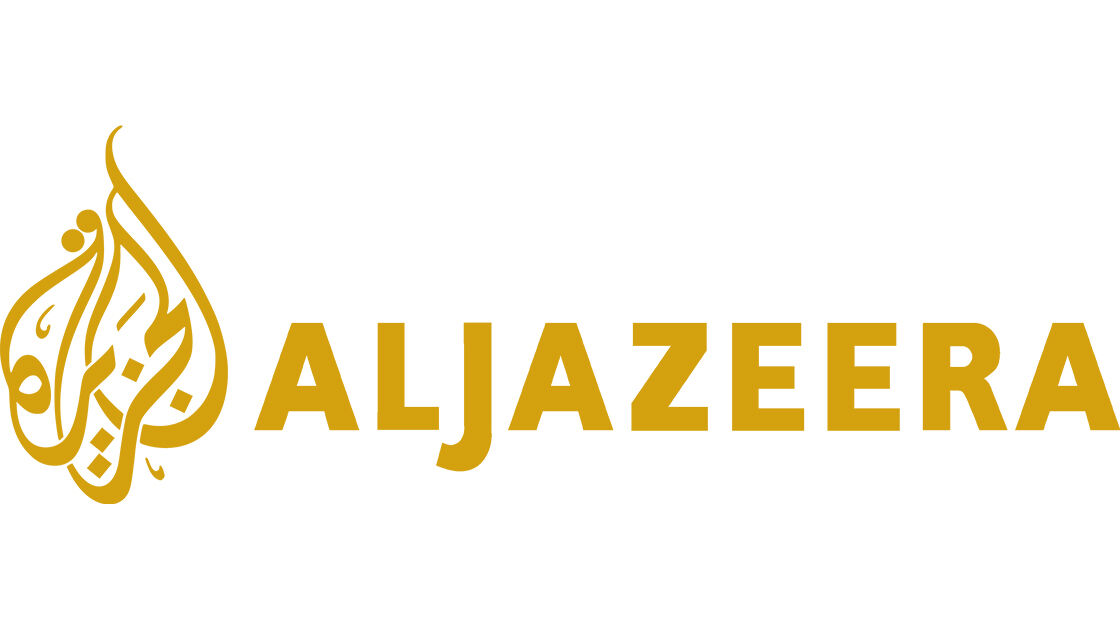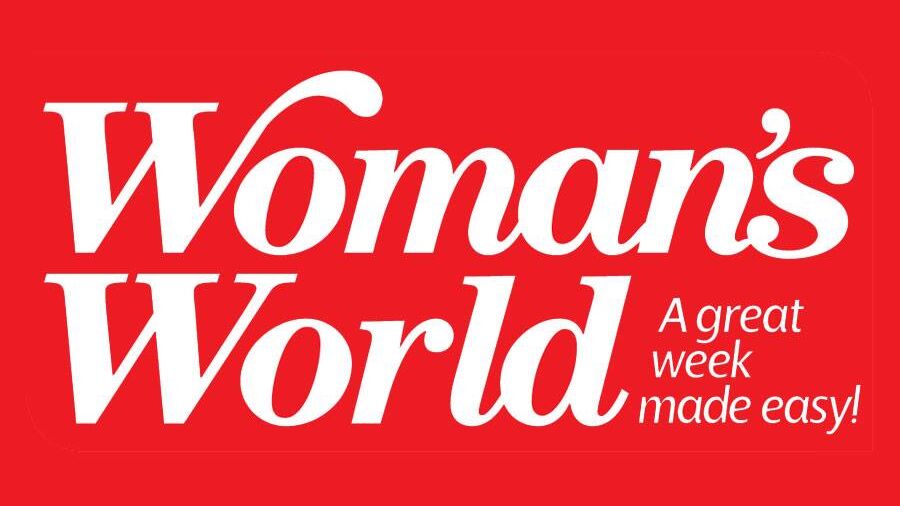Humanitarian Spotlight: Dr. Viviana Santos, Honduras
Meet the Project HOPE doctor who leads our team of doctors, nurses, community health workers, nutritionists, and psychologists in providing essential primary care for people migrating through Central America.
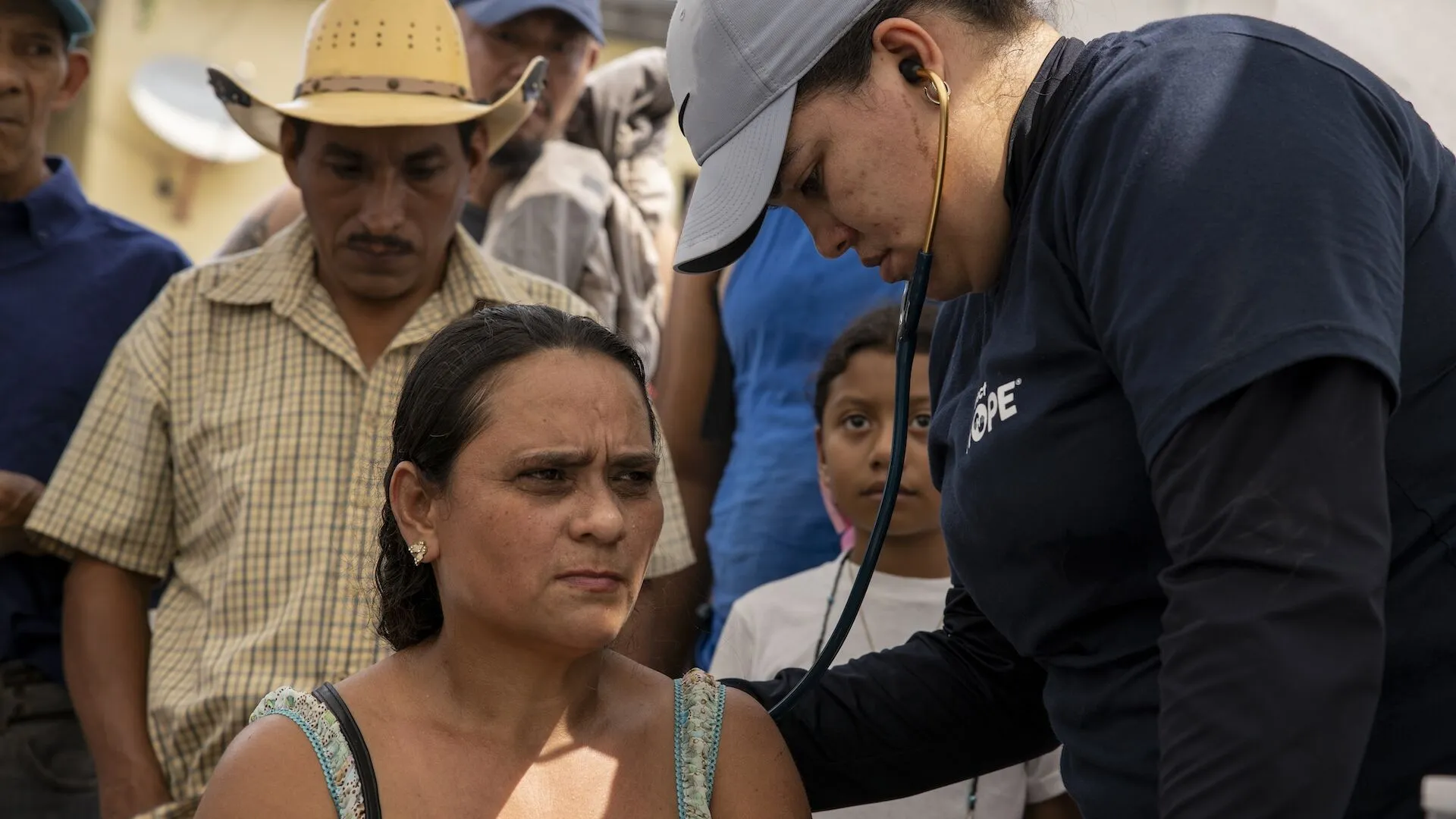
Every morning when Dr. Viviana Santos goes to work, her mother gives her a kiss on the forehead just before she walks out the door. Her father then seals it with, “God bless you, God take care of you.” And then, “Go to work.”
It’s a long-time tradition in her family.
She gets in her pickup truck and goes to work, carrying her parents’ blessing with her throughout the day as she leads Project HOPE’s team in providing medical care for people migrating through her hometown, Danlí, Honduras.
The city has seen a record number of migrants as rising conflict, persecution, and humanitarian crises in the region force more and more people from home. Last year, more than 545,000 migrants transited through Honduras on their way north — a new record and almost three times the number of migrants in 2022. They came from all around the world, but most were from Central and South America.
With support from the Church of Jesus Christ of Latter-day Saints, Project HOPE has rapidly scaled up its work in the country to meet the corresponding rise in health needs. Dr. Santos, 30, leads our team of doctors, nurses, community health workers, nutritionists, and psychologists, a tight-knit group that works together to provide compassionate medical care, medication, and medical supplies for migrant travelers.
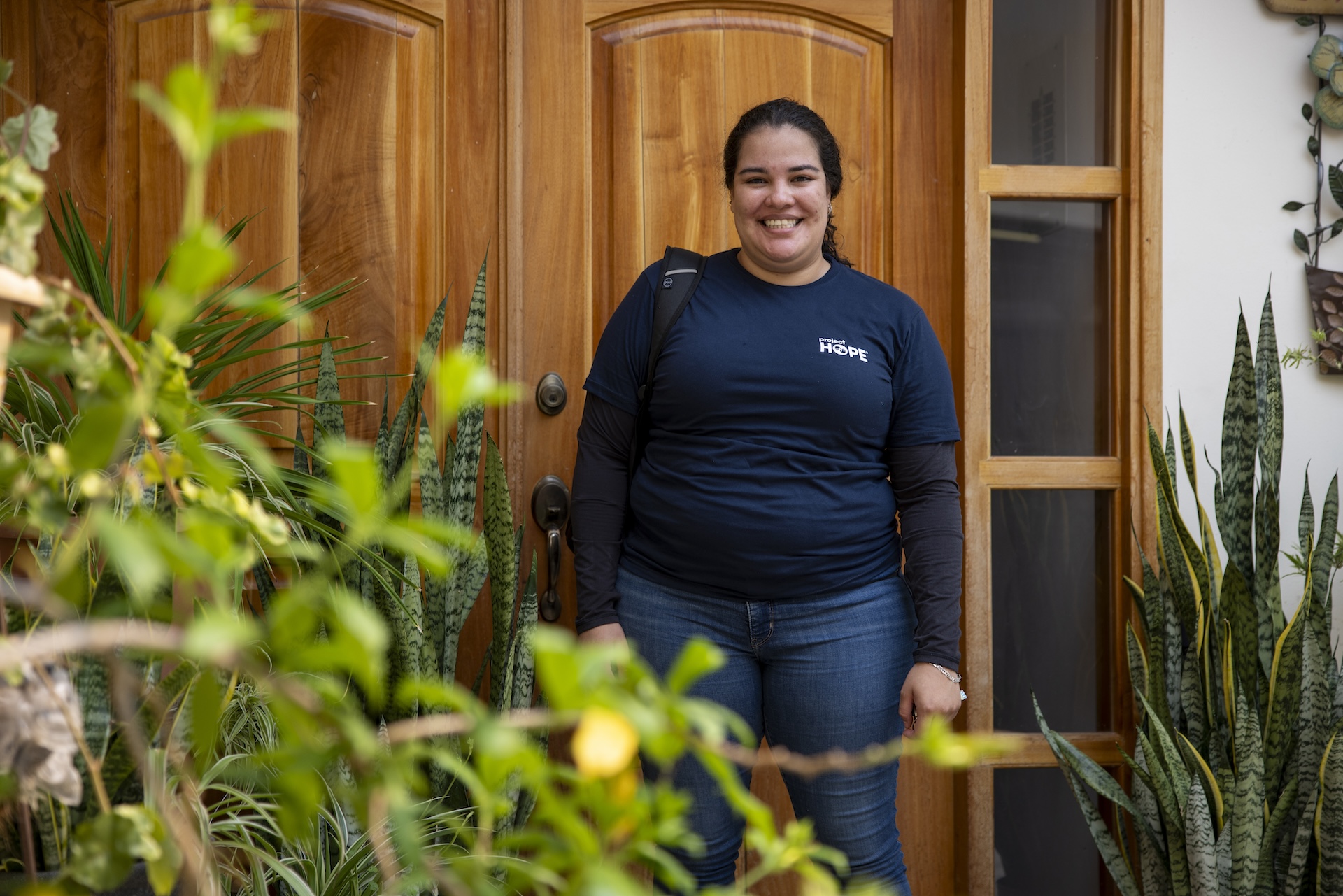
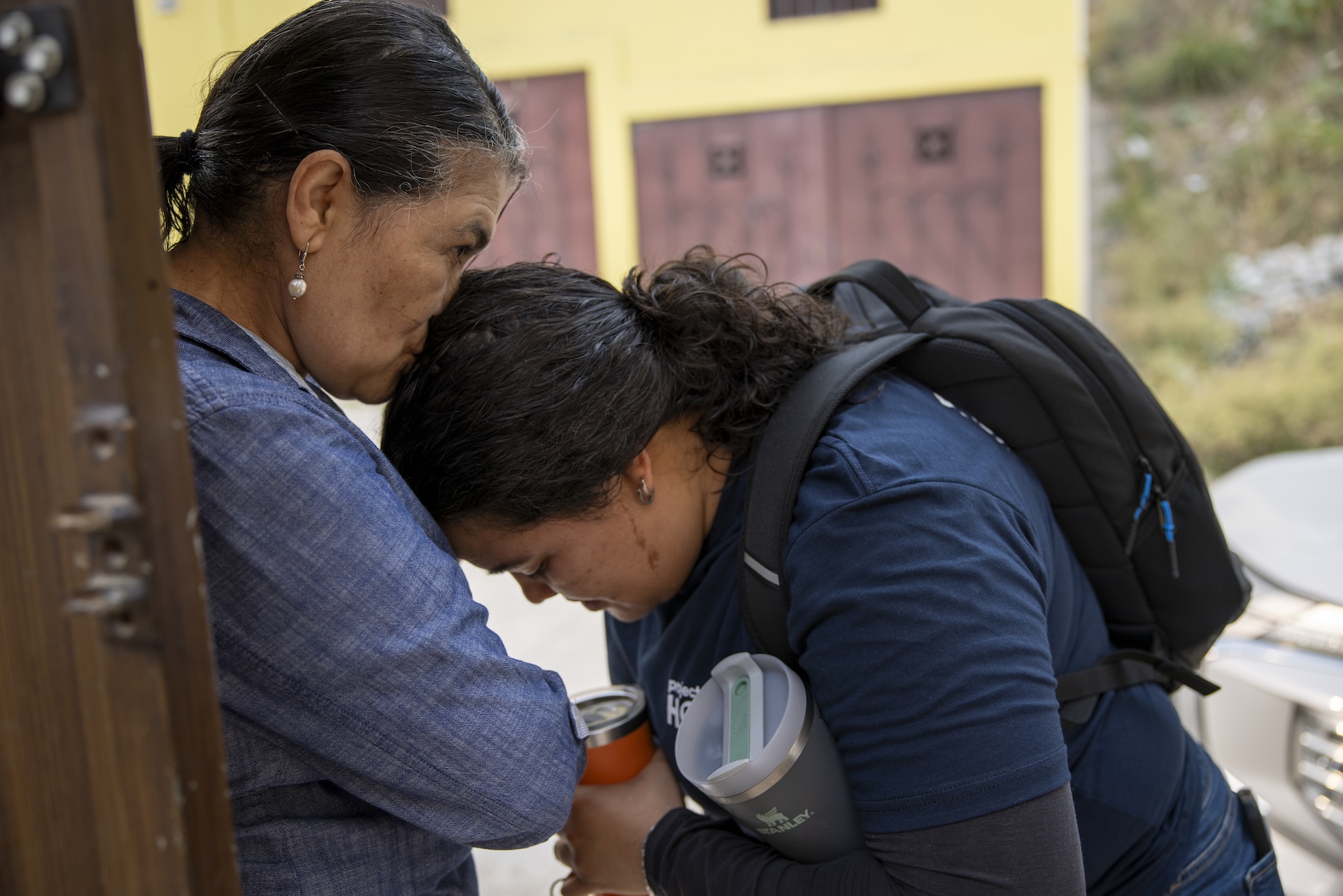
The team coordinates daily to receive patients at a migrant processing center and rest point in the municipality of El Pescadero, and at an outpatient clinic in the city.
“We are not just treating sickness — we are treating mental health,” Dr. Santos says. “People who are suffering not from their feet or their stomach, but from the soul.”
In May, the team provided one-on-one health consultations at a health fair hosted by the Ministry of Health near the Honduras-Nicaragua border. The most common health issues they saw were dermatitis, gastrointestinal issues, lower body injuries, chronic health conditions, and maternal health challenges. Some patients had been traveling from as far as Venezuela and Ecuador, on foot, having gone months without medical attention.
“It’s a situation that could happen to anyone,” Dr. Santos says, who has also had friends and fellow classmates leave for the United States seeking better job opportunities. “Today I’m helping, but tomorrow someone could be helping me. They may not be from my country, but they are still our people. Any of us could find ourselves in this position someday.”
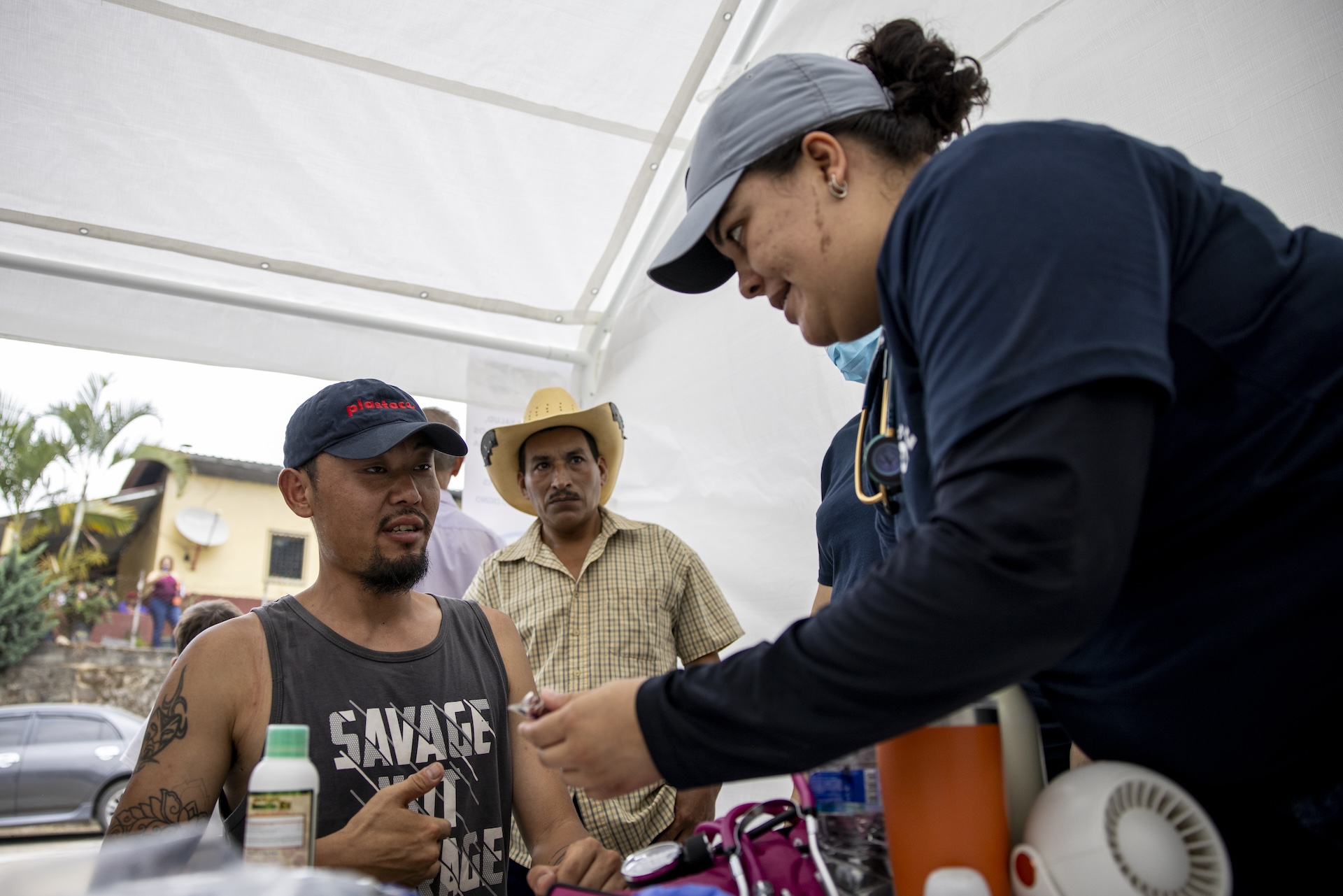
The migrant journey can be especially challenging for women. Dr. Santos and her team, comprised mostly of young women, are in a unique position to connect and empathize with them.
“We see a lot of women struggle in immigration,” she says. “We see a lot of women who come alone, and they usually feel more comfortable sharing situations of abuse — physical abuse, mental abuse, sexual abuse — with doctors who are women rather than doctors who are men.”
At one point, Dr. Santos and her team were seeing as many as 120 migrants each day. Since the closing of the Darién Gap, that number is getting smaller and smaller every day.
“We see a lot of women who come alone, and they usually feel more comfortable sharing situations of abuse — physical abuse, mental abuse, sexual abuse — with doctors who are women rather than doctors who are men.”
Being a doctor is in Dr. Santos’ blood. She comes from a close family of doctors: her brother, sister, and brother-in-law all practice medicine. She’s working toward her master’s degree in community health promotion and dreams of one day becoming a surgeon, driven by empathy, her passion for medicine, and core values of community and family.
For now, she’s learning what it takes to lead a humanitarian response to a growing migrant health emergency, supporting families on the move with the lifesaving care they need to carry on and make it to their next destination. She tends to her patients as if they were her own family members, the way she would want another doctor to treat her own father or mother if they were sick.
“We try our best to make their way a bit easier,” she says. “I’m going to attend to people the way I would like people to attend to my family.”

